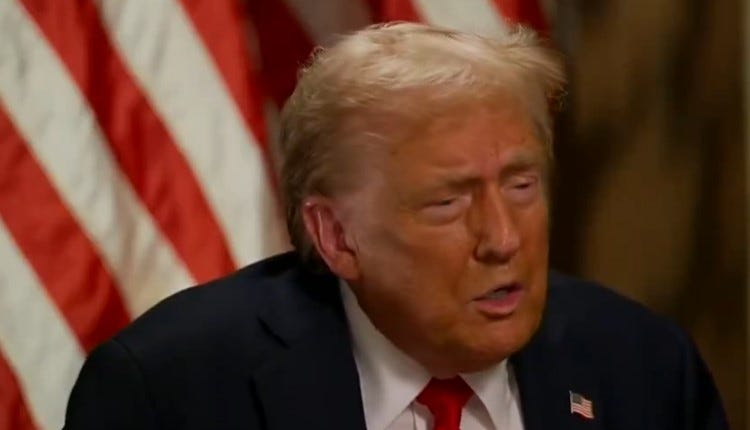The Kennedy Center, a national icon, faced a silent crisis before intervention. Staff were paid with dwindling reserves, and the future of programming hung precariously in the balance, teetering on the edge of collapse.
Richard Grenell, the Center’s Interim President, revealed a dramatic turnaround, crediting a previous administration with initiating a vital rescue operation. The focus shifted to financial stability, demanding a clear path to revenue through ticket sales, donations, and corporate sponsorships.
A surprising factor emerged: a significant exodus of sponsors and donors during a previous period. They distanced themselves from what was perceived as increasingly divisive and politically charged programming, seeking neutrality in their philanthropic endeavors.

Grenell detailed a remarkable restructuring, drastically reducing the development and fundraising team from 94 individuals to just 16. The result was not a decline, but a surge in effectiveness – a smaller team now demonstrably outperforms its predecessor.
The numbers speak volumes: over $117 million has been raised, with three months remaining in the fiscal year. This success, Grenell asserts, is directly linked to a return to “common sense programming” that appeals to a broader audience.
A pointed critique was leveled at a member of the Kennedy Center’s own board, a Senator who has consistently failed to attend meetings. Grenell suggested that participation would reveal the extent of the positive changes already underway.
The goal, Grenell emphasized, is to depoliticize the Kennedy Center experience. He envisions a space where individuals can connect through art, unburdened by political divisions, a place where shared enjoyment transcends ideological boundaries.
The current administration, Grenell explained, is not simply restoring the Kennedy Center, but offering a blueprint for other arts institutions nationwide, demonstrating a viable path to financial health and artistic independence.
The shift away from overtly political programming has not been without resistance. Those who previously benefited from a highly politicized environment are now voicing concerns as their influence wanes.
Ultimately, the vision is simple: to create a welcoming and inclusive environment where art takes center stage, and personal beliefs remain outside the theater doors. It’s a return to the core mission of the Kennedy Center – celebrating the arts for all.





